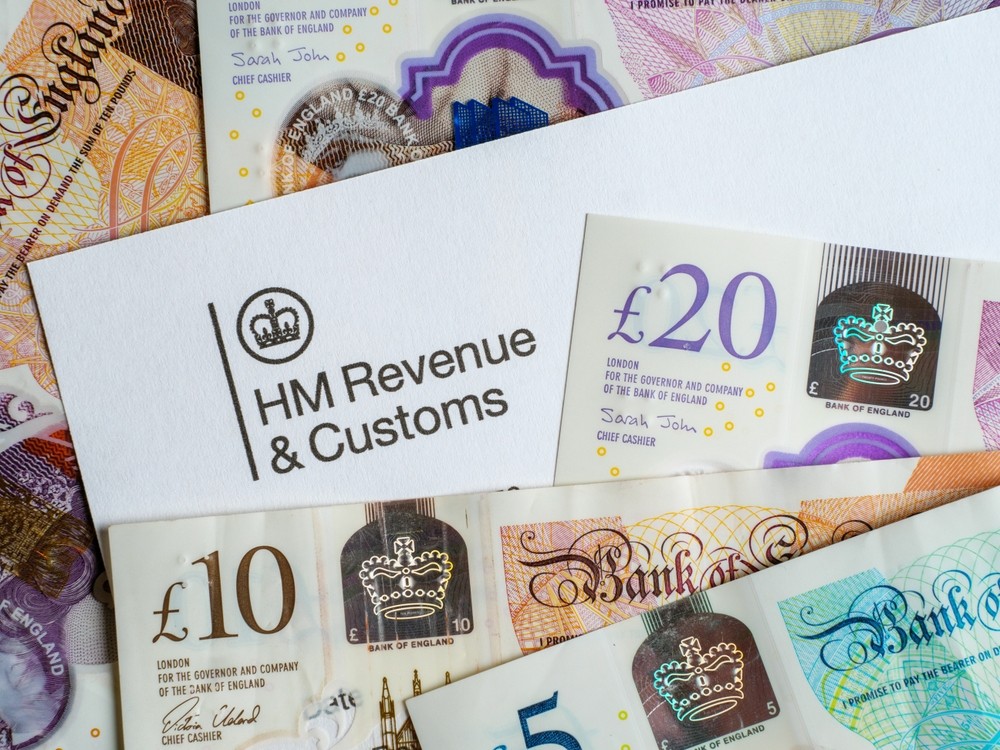This year, 1.1 million taxpayers missed the 31st January deadline for filing their tax returns and paying the tax they owed for the April 2023–April 2024 tax year.
HMRC has made it clear that there are few acceptable reasons for filing late tax returns – so not only will they incur a penalty for late payment, but they’ll also have to pay late payment interest.
In 2024, a record total of £409 million was paid to HMRC in late payment interest, which is triple the amount that HMRC collected three years ago.
But why is there such a big increase, and how can you avoid being charged late payment interest?
Why are so many people paying late payment interest?
There are several reasons for the increase in late payment interest collections, including increasing interest rates and frozen or reduced tax liability thresholds.
At the start of 2022, HMRC charged an interest rate of 2.6% on outstanding tax balances, but the average interest rate increased to 7.6% in 2024. Since February 2025, it has been 7%.
Additionally, many tax allowances and tax thresholds have been frozen for several years already and will continue to be frozen until 2028, drawing more people into the Income Tax net and pushing existing taxpayers into brackets with higher rates.
The reduction of the Capital Gains Tax (CGT) exemption also played a part (with the increased CGT rates announced in the Autumn Budget sure to contribute further in the next tax year).
On top of this, HMRC will begin adding a 1.5% surcharge to the late payment interest rate from 6th April 2025 – pushing the current rate up to 8.5% if nothing else changes.
How to prevent late payment interest charges
If you’re already facing late payment interest charges on an outstanding tax bill, it would make sense to pay off your overdue tax liability as quickly as possible using savings income.
With such a high interest rate for late tax payments, the best thing to do is make sure you submit your self-assessment tax return as early as possible, so you’ll know how much your tax bill will be and can plan accordingly to pay it off quickly.
Regularly adding savings to a separate bank account for the specific purpose of paying taxes is a recommended approach – then you can look into setting up a payment plan with HMRC.
Once you’re up to date with previous tax bills, a HMCR Budget Payment Plan will allow you to make weekly or monthly payments towards your next bill. If it isn’t completely covered, you’ll only have to pay the difference, and if it’s less than expected, you can request a refund.
Take control of your tax liability with gbac
The worst thing you can do is bury your head in the sand and let your tax liability spiral with increasing penalties and late payment interest charges.
You should contact HMRC at the earliest opportunity and try to set up a Time to Pay (TTP) arrangement, so you can pay your overdue tax in more affordable instalments – though interest will still be charged until the balance has been paid in full.
If you’re feeling overwhelmed with overdue tax pressures and would prefer to have a professional handle your tax affairs for you, we can help you here at gbac.
Offering tax consultancy and HMRC liaison services, our accountants in Barnsley can not only advise you on the next steps to take control of your tax bill, but can also assist with all areas of tax planning to help keep everything on track for the future.
Simply call us on 01226 298 298 or email your enquiry to info@gbac.co.uk to learn more.
